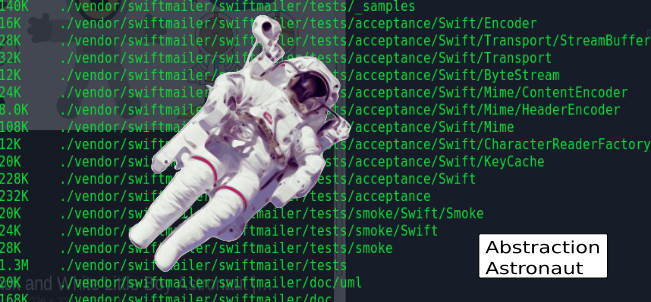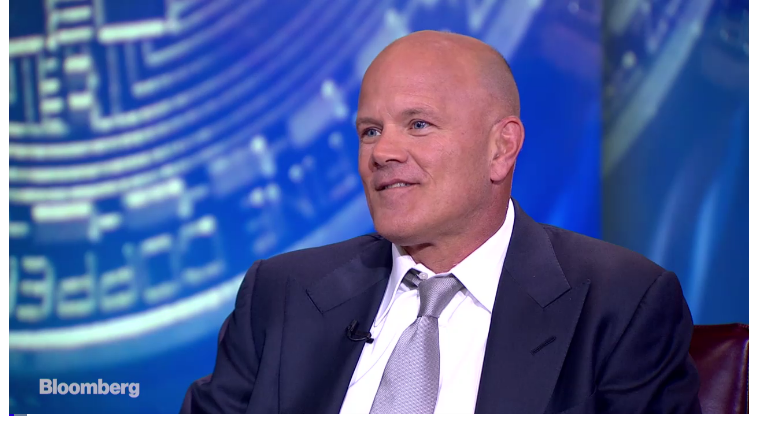I’m taking some quotes from a basketball story and an essay from my teacher, Adi Da. The Golden State Warriors are a basketball team that I enjoy watching because their style of passing and cooperation on the court is fun to watch.
Quotes are from the article: The Charcuterie Board That Revolutionized Basketball
“There’s a makeup in every player who’s ever played,” Kerr says, “that if you get to touch the ball and you get to be a part of the action — whether it’s as an assist man, ball mover, shooter, dribbler — the more people who are involved in the offense, the more powerful it becomes.”
Kerr had played four seasons (and won two titles) under Spurs coach Gregg Popovich and had admired how the Spurs’ passing helped foster a selfless, team-first culture.
“It wasn’t just play your best five guys to death,” Kerr says. “It was play everybody. You go deep into your rotation, even if it means losing a couple of games in the regular season, just empower everybody. It’s kind of the beauty of basketball, the old cliché about the total being greater than the sum of its parts — I believe in all of that.
Here’s a short essay from the booklet, Prior Unity, The Basis for A New Human Culture, by the World-Friend, Adi Da, page 61
The Urge to Participate
The fundamental urge in humankind-as-a-whole is to participate – not to be shut down, not to be thrown back on themselves, not to be treated merely as consumers who want this, that, and the other thing.
People want the opportunity of participation.
All over the world, the energy of participation is what should be tapped.
Instead of addressing everybody in terms of their problems, their “self”-interest, their consumer mentality, their egoity, address them as people who are patterns of energy wanting to participate.
The human world is an energy of participation.
Therefore, it needs a pattern by which people can participate.
The pattern must be provided.





